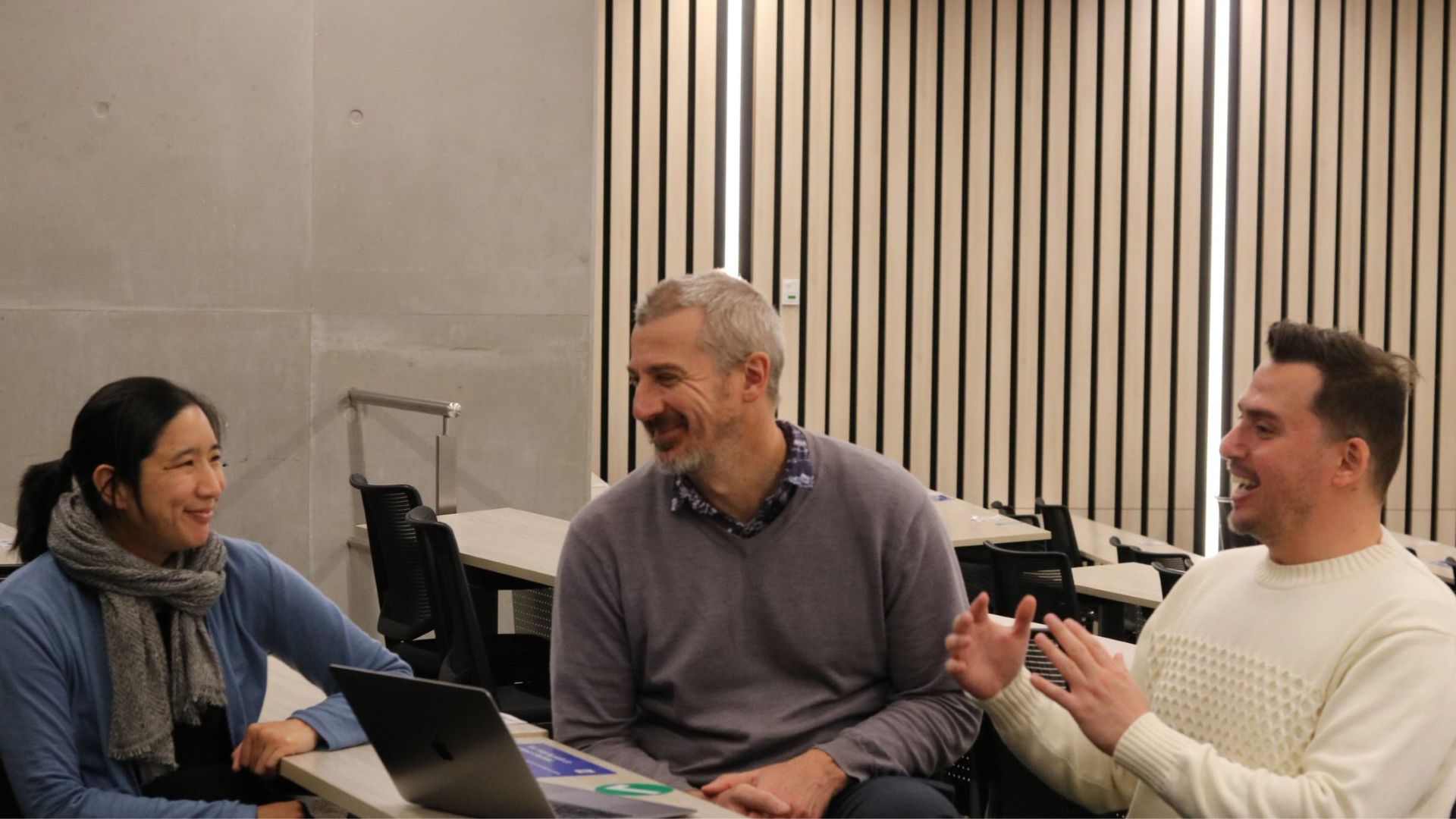How is humanitarian engineering developing in Australia and in what ways can engineering knowledge and skills be applied to disaster relief or long-term community development? What are the benefits of a potential collaboration between Australian and European Universities?
We sat down with PhD Fellow at Western Sydney University and Tutor at the University of Technology Sydney (UTS) Spyros Schismenos, Director of Transnational Education (UTS) Eva Cheng and Senior Lecturer in Humanitarian Engineering (UTS) Scott Daniel who answered all our questions.
TGH: Spyros your research on humanitarian engineering was recently selected as one of the exemplar case studies for Science and Practice at Local Levels to Accelerate Disaster Risk Reduction. How do you feel and are there any updates on your work since we last spoke?
I feel delighted to see our work and efforts getting the international recognition they deserve. Just to remind our readers, my research is about the development of a hybrid unit that combines hydropower generation and flood warning services. I developed this prototype together with local stakeholders from Aggitis (Drama) in Greece and Dhuskun in Nepal. We will soon finalise the prototype and start testing it in Aggitis.
TGH: Eva, humanitarian engineering is not just about dealing with disasters. What else is important to know?
Humanitarian engineering is human-focused and community-centered. Engineering knowledge and skills are applied to disaster relief or long-term community development, which can be local or overseas.
Community development builds the engineering knowledge and capacity with local communities so that they are fully involved and bring their capabilities into any infrastructure or technology development. Humanitarian engineering requires diverse ways of thinking and doing, so bringing something different to the table is greatly valued.
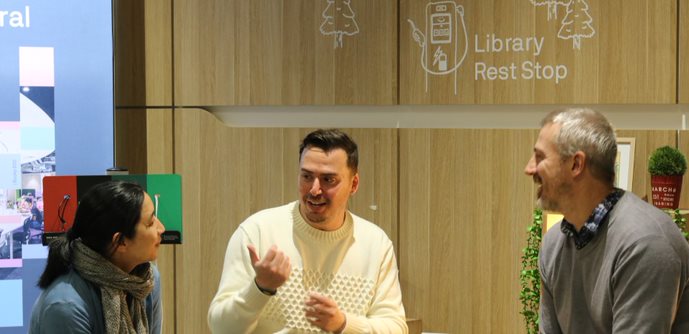
TGH: Scott, how can Aboriginal communities and Australia’s Indigenous culture benefit from humanitarian engineering?
Aboriginal and Torres Strait Islander peoples are the first peoples of Australia. They are also the first scientists, technologists, engineers and mathematicians, and the first practitioners of environmental sustainability and respectful community engagement.
Humanitarian engineering is centered on taking a strengths-based approach, building on the many strengths of Indigenous communities and cultures, combined with engineering principles, to deliver impactful solutions to address inequity and contribute towards sustainable community development.
For example, some current UTS projects with Dawul Wuru Aboriginal Corporation are investigating how culturally significant mangrove ecosystems can be restored and also used for carbon credits in ‘blue carbon’ schemes.
TGH: Eva, you are also involved in the UTS Women in Engineering and Information Technology Program, what are the greatest challenges for gender equity in the engineering sector in Australia, particularly in rural areas?
The need for shifts in perception and culture change are long-standing challenges in gender equity that we all need to be a part of. This starts with changing perceptions of what engineering is, what engineers do, and who should / shouldn’t be an engineer.
Engineering is a socio-technical, people-focused profession that anyone can be involved in if they want to be! However, this is not the general perception, and this needs to change from early school years onwards.
There are challenges specific to regional and rural areas. STEM programs in schools – be it in-curriculum or extra-curricular – are less available than in metropolitan areas. Fewer role models are accessible to young people, plus the additional obstacles for students and working professionals in accessing opportunities focused on metropolitan areas.
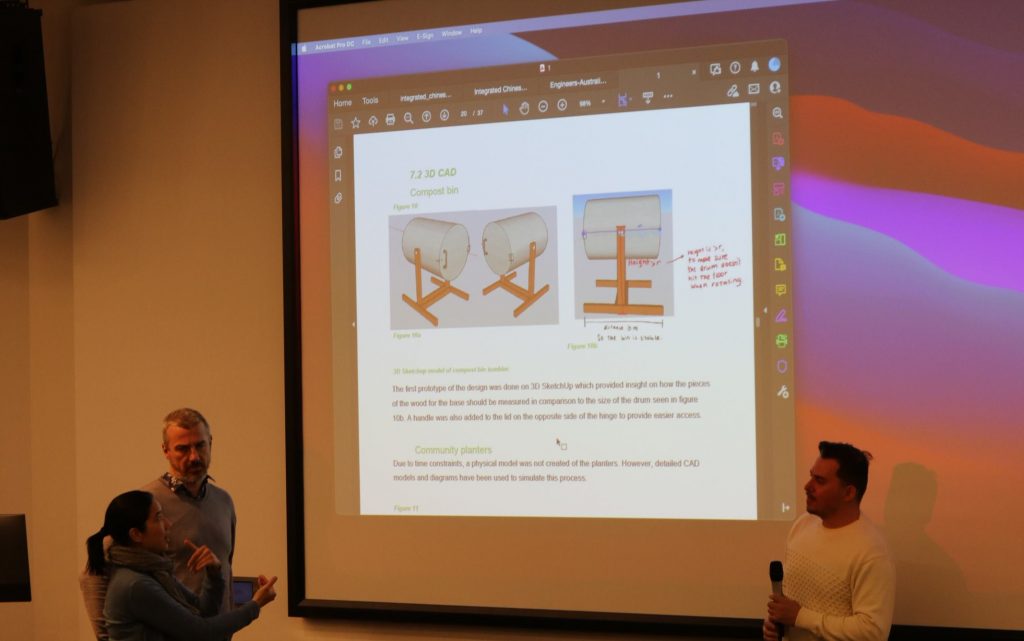
TGH: Scott, can you briefly introduce the EWB Challenge to us and share why this initiative is important?
The Engineers without Borders (EWB) Challenge is a remarkable education program in which each year more than 10,000 engineering students around Australia and the world learn about the power of engineering to affect positive social change through working on real-world design projects with EWB’s Community Partners.
The program not only gives first-year students a valuable experience of the social and human dimensions of engineering, but also crowd-sources innovative design ideas for the Community Partner through the combined creativity and insight of thousands of students. Our students come from many different backgrounds (including many from Greece!) and the different perspectives they bring to their design processes are where the magic happens.
The EWB Challenge is only the first step in students’ humanitarian engineering journey at UTS. Students can go on immersive study tours to developing countries to learn about humanitarian engineering in practice, work in design teams to develop solutions for humanitarian engineering challenges, or conduct research on projects identified by community partners. This approach is part of UTS’s strategy to address social justice and have global impact.
TGH: Spyros, you have been preparing students for the EWB Challenge. What can you tell us about Australia’s future humanitarian engineers?
They are fantastic and very engaging! This semester, my students developed some unique project ideas for the EWB Challenge including a portable hydrogen generator, foldable solar panels, safe houses and mobile apps for rangers and tourists.
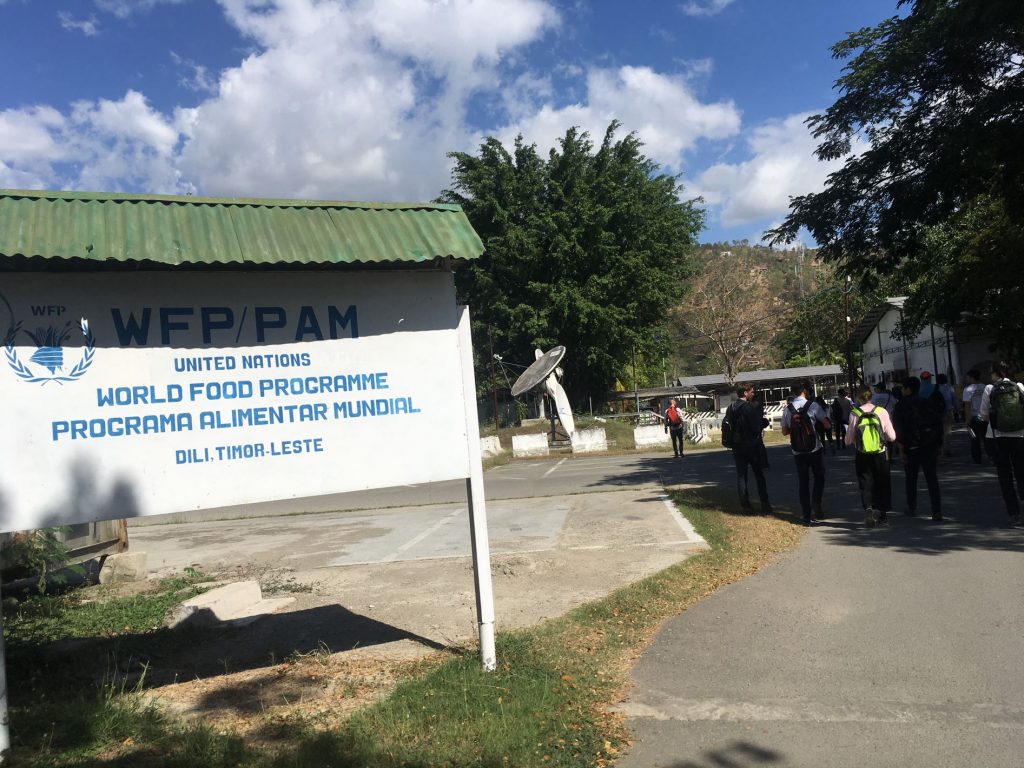
TGH: Eva, you are part of a team who received the Team Teaching Award at UTS recently. What tips can you share about innovative team teaching and why is it important for both students and educators?
Team teaching is a key approach for us as it embeds diversity and inclusion into our teaching practices to enable better learning outcomes for students, and a more inclusive teaching environment for tutors. Tutors collaborate with each other to bring their breadth of different skills and strengths (we deliberately mix our tutors’ backgrounds), and students benefit from the depth and breadth of having 2-4 tutors in the classroom at once.
Our teaching team spans across multiple subjects across different year levels, so that students have a continued and consistent learning experience, and tutors have more opportunities for professional development in their teaching practice.
TGH: And you Spyros, what’s your perspective on team teaching from a tutor’s point of view?
This is a great experience for both students and tutors. Having 2 or more educators in class allows students to capitalise on different expertise, knowledge and approaches. For tutors, the main benefit is that it encourages them to link ideas off each other – this leads to very creative lessons and teaching approaches. Students seem to prefer team teaching compared to ‘traditional’ teaching.
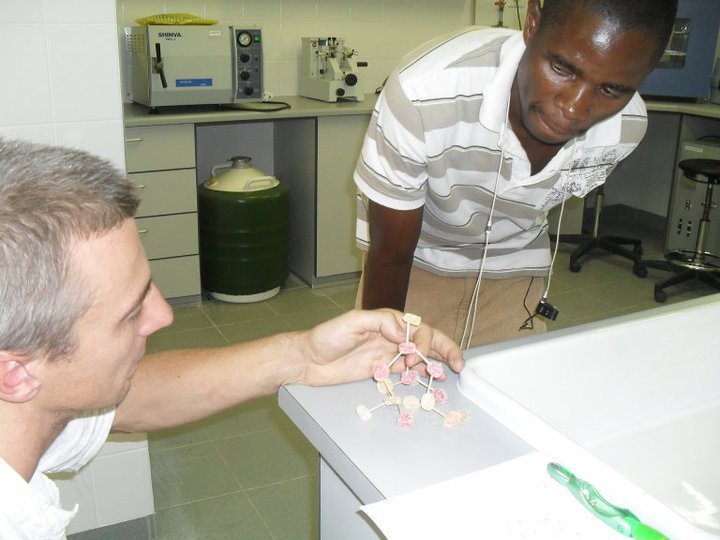
TGH: Scott, how many humanitarian engineers are there in Australia? What are their plans and future steps?
Humanitarian engineering has rapidly matured in recent years. In 2019, a formal humanitarian engineering group was formed under the auspices of Engineers Australia, which has quickly grown to now having more than 700 members.
On top of continuing to contribute to sustainable development and humanitarian relief through engineering, the community is also working to professionalise humanitarian engineering through establishing a body of knowledge, and accrediting educational and professional pathways.
TGH: Spyros, do universities in Greece and Cyprus have the resources and capacity to teach humanitarian engineering?
Humanitarian engineering is not a well-known discipline in Europe. Greece and Cyprus could lead the way withsocio-technical interventions for sustainable development and disaster risk reduction at the local level.
I am very confident that Greek students have the knowledge and skillset to support vulnerable communities across the eastern Mediterranean and Balkan region, so humanitarian engineering should be further promoted.
One of my goals in the coming years is to increase collaboration initiatives between Greek and Australian students via programs like the EWB Challenge.

